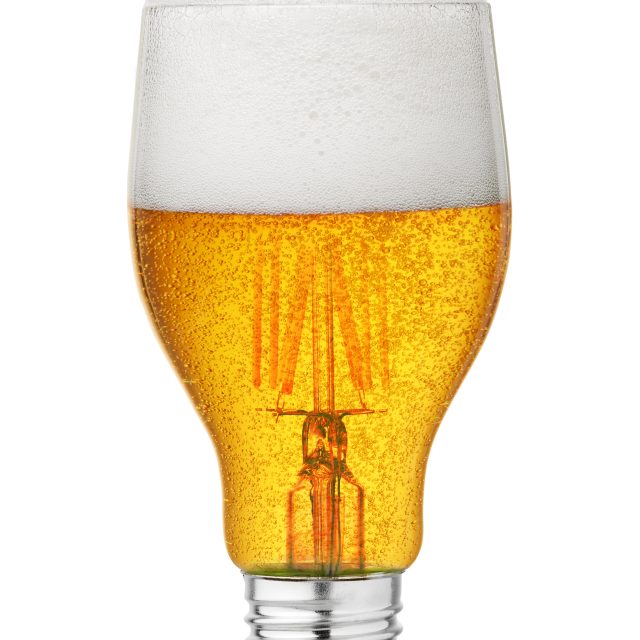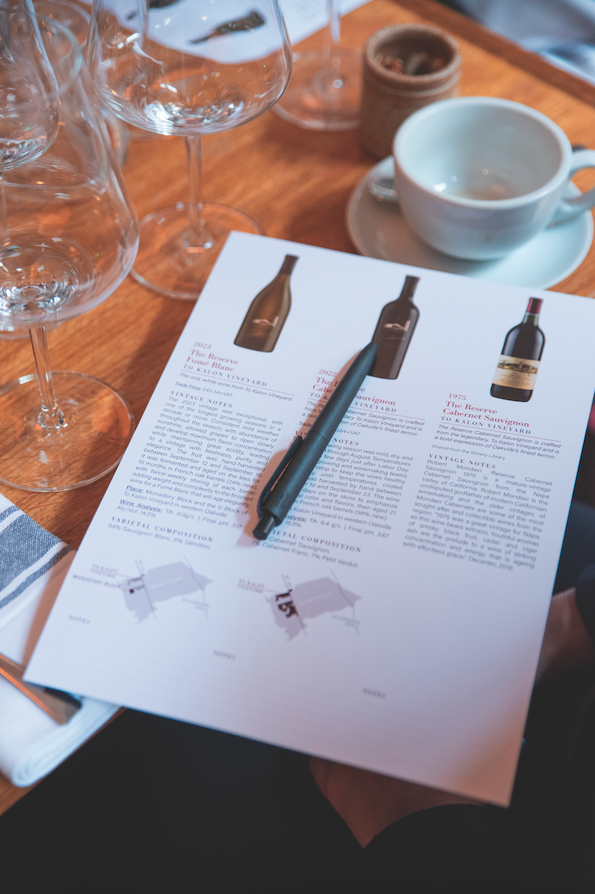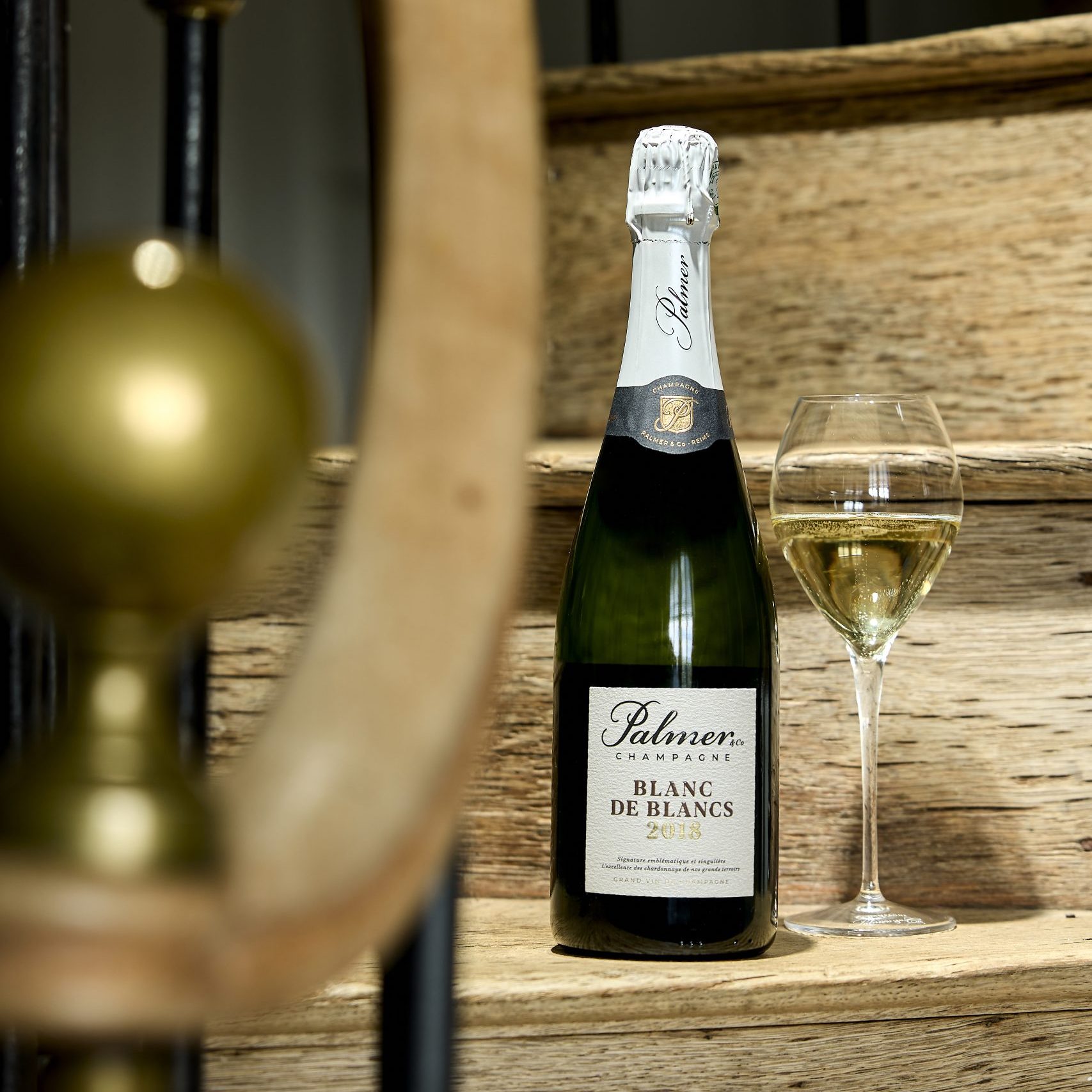How Australia’s craft breweries are finding ways to avoid insolvency
In the past year more than a dozen independent breweries in Australia have faced closure. db finds out how others are surviving.

Despite Australia having enjoyed a craft beer boom not dissimilar to the US and UK, the sector is now falling on harder times with rising costs impacting the future of its independent breweries. Although not an uncommon situation, with the same situation echoing across the globe, some craft brewers have managed to find a way through and want to share their ideas based on what they have learned.
What do we need to know? Independent breweries need to stay wary of retailers using big beer as a means of “craft washing” and yet looking into establishing own-branded venues and taprooms could still be the best way forwards in terms of margins.
According to recent SMH reports, Victoria-based Red Lion Brewery has closed its doors while others, like Sydney’s Wayward Brewing has managed to climb its way out from administration. Similarly facing challenges, Melbourne’s the “fiercely independent” brewery Hawkers went into administration with AU$1.7 million of unpaid tax debt and now faces an ASIC hearing on 6 March to determine its future.
Hawkers co-founder Mazen Hajjar revealed to local press that, ever since the pandemic, the craft beer industry has suffered an “all-out assault” and explained that in addition to the rising cost of raw ingredients like malt and hops (each having gone up about 50% in price since 2020), there are also costly regulatory requirements as well as a hefty alcohol (excise) tax which has risen bi-annually alongside inflation. Hajjar warned: “They’re taxing us out of existence. It’s crazy.”
This means that, for Hawkers, its award-winning West Coast IPA now costs approximately 23% more to make than it did in 2018, and 45% of that cost is tax with less than half of the costs being passed onto customers, showing the imbalance.
Looking at the figures, beer drinkers pay twice as much tax per standard drink as those drinking bottled wine, showing the disparity between the categories and, according to the Independent Brewers Association (IBA), the price is higher again for breweries that put off repaying their tax bills during the pandemic, expecting to see market recovery which sadly failed to arrive to offer any respite.
Wayward Brewing founder Peter Philip admitted: “[The market failing to recover] caught people unaware” and lamented that now his brewery is “faced with the hard reality that we owed a lot of money to the ATO and the debt was just unserviceable”.
Other breweries that also reportedly entered external administration and appointed restructuring practitioners or entered a deed of company arrangement are Queensland breweries Revel Brewing and Moffat Beach Brewing Co and Dainton Beer in Victoria, all of which fell on hard times after facing similar challenges.
IBA CEO Kylie Lethbridge confirmed in a recent budget submission that independent craft breweries were closing at what could only be described as an “alarming rate” and a further 66% of 425 members surveyed admitted that their business may not survive the economic downturn. Western Australia’s Sound Brewing has also been listed among these closures.
Allegations and rumours that brewing giants are also using exclusivity contracts and cash incentives to tie up beer line and tap space in pubs, bars and restaurants are still circulating, despite an Australian Competition and Consumer Commission (ACCC) inquiry in 2017 that refuted claims. In the case of Australian craft beer, many are eyeing big beer companies like Carlton United Breweries (CUB) which AB InBev sold to Asahi in 2019 and Lion Pty Limited (Lion) and seeing whether they are swooping in to drive out true craft breweries. As such, last month, the Treasurer, the Hon Jim Chalmers MP, directed the ACCC to hold another inquiry into pricing and competition in Australia’s supermarket sector to further “examine competitive dynamics in the retail supply of groceries and in associated supply chains”.
Partner Content
According to the filing, this inquiry will also show “particular regard to how prices are set at different levels of the supply chain, and the associated margins” and “will involve broad consultation” and see the ACCC submit an interim report by 31 August with a final report on its findings by 28 February 2025.
Speaking about the issues, Lethbridge claimed that CUB and Lion have used their market power to secure “at least 85%” of beer taps across the country as well as negotiate preferential treatment with retailers and this, among other tactics are being rumoured by local trade titles to be rife among the industry.
For instance, according to Brews News, the sector also needs to mitigate “craft washing” a term used to describe how major retailers have started to quietly introduce their own-brand lines that offer sought-after craft beer aesthetics at reduced prices that essentially push out the true independent craft breweries.
Describing the now oft-used term, Matt Kirkegaard of Brews News highlighted: “They’ve shamelessly mimicked the style of craft beer so the average consumer, who doesn’t know what to look for, is none the wiser. It’s had a major impact on craft brewers because they’re not increasing the amount of shelf space they have, but reducing the amount of independent craft brewers they stock.”
A spokesperson for retail group Endeavour told reporters that its portfolio of craft beers had increased significantly from 350 craft beer products to more than 1500 across 1000 brands over the past decade but pointed out that the term “craft beer” no longer exclusively referred to independently brewed craft beer and now included Byron Bay’s Stone & Wood, acquired by Lion in 2021 and Sydney’s 4 Pines Brewing, acquired by CUB in 2017.
For many independent craft breweries one route that many are taking is to have their own venues . Breweries such as Melbourne’s Molly Rose, Brisbane’s Range Brewing and the soon-to-be-opened Pickled Monkey in Sydney have recently diversified their taproom offerings to include restaurants, event spaces and bars.
Illustrating more about the decision to move forwards with varied venue spaces, Molly Rose founder Nic Sandery explained: “Having a strong venue is massively important for a small brewery like us because it’s become really hard out in trade to compete with the multinationals.”
Last year, Molly Rose Brewery more than doubled its capacity when it opened a bar and chef’s table restaurant and reportedly now sells more than 65% of its beer in-house, a move that has seen it turn its business around.
Also an advocate of this route, Range Brewing co-founder Gerard Martin agreed that this kind of “sideways” move could actually he a forward step in disguise and a means for putting real craft beer back in front of people.
Martin added: “Our profit margins are highest when we sell our beer at our own venues. We knew the economy was starting to feel the pressure, and there was uncertainty about how it was all going to go, so we chose to shift our business sideways into hospitality and design venues where our beer was at the forefront.”
Related news
Carlsberg Hong Kong expands no and low alcohol portfolio




